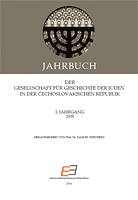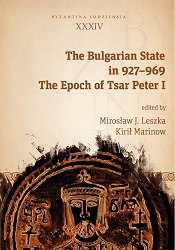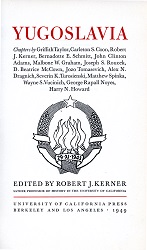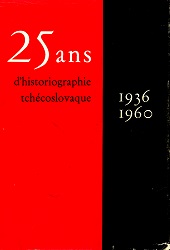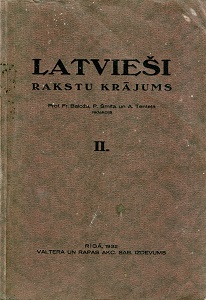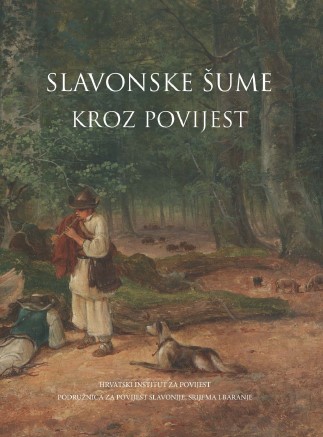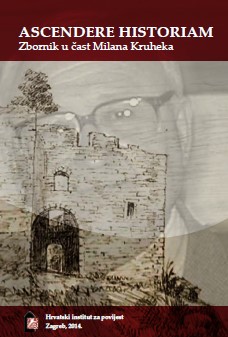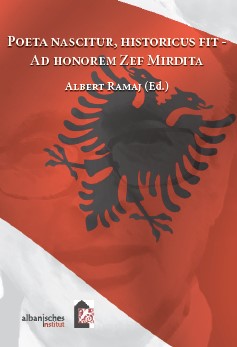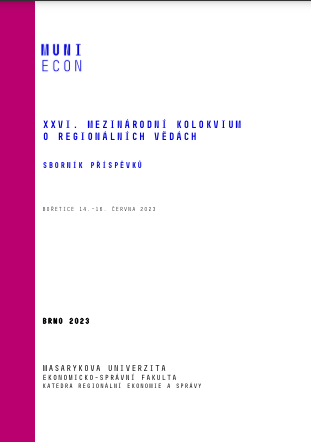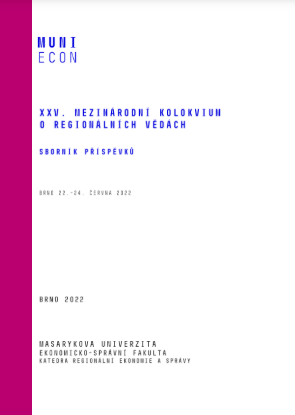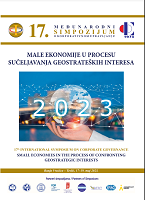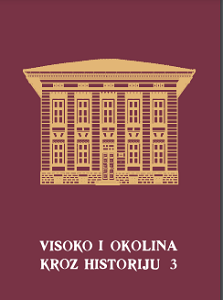Author(s): Enes S. Omerović / Language(s): Bosnian
Publication Year: 0
Stanovništvo prostora koji je tokom austrougarske uprave administrativno-teritorijalno uobličen u kotar Visoko stoljećima je bilo dominantno agrarno, ukoliko izuzmemo Visoko kao administrativno, trgovačko i zanatsko središte te Vareš kao rudarski kraj. Reljefne karakteristike ovog prostora – 60% planinski predjeli sa nadmorskom visinom od 700 do 1300 metara, 34% brežuljkasti sa nadmorskom visinom između 500 i 700 metara i samo 6% ravnica sa nadmorskom visinom od 300 do 500 metara – te činjenica da je najveći dio prekriven šumom, nisu predstavljali idealno tlo za razvoj poljoprivrede. Međutim, zbog stalnog porasta broja stanovništva od druge polovine XIX stoljeća postepenim krčenjem površina prekrivenih šumom znatno je prošireno obradivo zemljište. I pored tog procesa količina poljoprivrednog zemljišta bila je ograničena i nije mogla zadovoljiti osnovne potrebe sve brojnijeg stanovništva. Na teritoriji Visočkog kotara/sreza, veličine 1.109 km² (110.867 ha), 1928. god. samo je 31.226 ha ili 28,2% predstavljalo ziratna zemljišta (20.972 ha ili 19% oranica, 1.404 ha ili 1,4% voćnjaka, 7.928 ha ili 7,1% livada i 922 ha ili 0,8% pašnjaka u privatnom vlasništvu). Čak 73.925 ha ili 66,5% teritorije bilo je prekriveno šumom (69,018 ha ili 62,1% bilo je u državnom, a 4.907 ha ili 4,4% u privatnom vlasništvu), dok se ostatak odnosio na pašnjake u državnom vlasništvu (3.363 ha ili 3,3%) i javna dobra te građevinsko i neproduktivno zemljište (2.063 ha ili 1,9%). Ovaj disbalans između potreba i stvarnog stanja u dominantno agrarnom društvu na prostoru Visočkog kotara/sreza djelomično je amortizovan razvijanjem saobraćajne infrastrukture, ogromnim prirodnim resursima i naslijeđenom tradicijom njihovog iskorištavanja pa će na ovom prostoru stepen diversifikacije privrede krajem XIX i početkom XX stoljeća postati mnogo veći u odnosu na druge dijelove Bosne i Hercegovine. Zbog eksploatacije šumskih kompleksa na planini Zvijezda, otvaranja rudnika hroma u Duboštici (1886. god.), rudnika željezne rude u okolini Vareša (1886. god. u Šaškom dolu, a zatim na lokalitetima Droškovac, Pržići, Brezik i Smreka), rudnika olova u Borovici (koji je radio samo od 1916. do 1918. god.), rudnika mrkog uglja u Kaknju (1900. god.) i Brezi (1907. god.) kotar Visoko postaje jedna od sirovinskih baza za razvoj industrije u Bosni i Hercegovini, a dio industrijskih kapaciteta niče i na njegovom području – prva visoka peć u vareškoj željezari izgrađena je 1891, druga 1896. god., a krajem XIX stoljeća počinju raditi i prvi pogoni za primarnu preradu drveta.
More...
